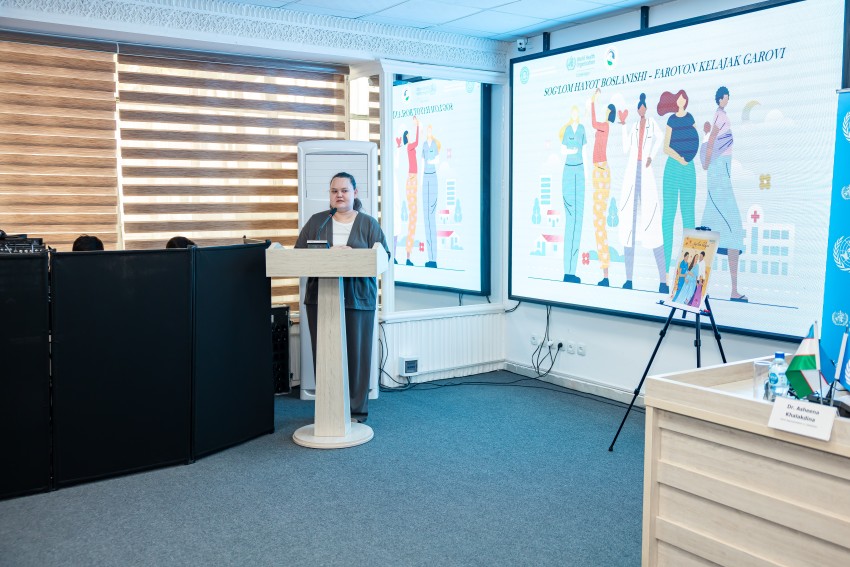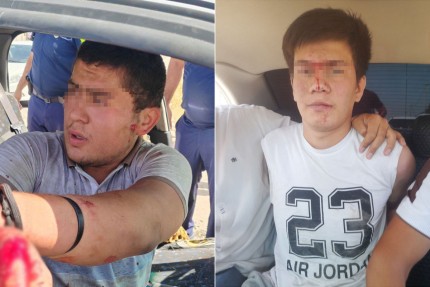Every criminal was a child, much like you and me. But what is the difference between those who are currently in prison, serving the most painful years of their lives in a cell, and you, who are reading this article presumably with a good internet connection?
I grew up in Bukhara, Uzbekistan, and in this article, I would like to share my personal opinion (drawn from my experience) about criminal justice, violence, and, most importantly, the reduction of crime rate in Central Asia.
Returning to my earlier point, every criminal was once a child who required assistance with basic survival needs, including feeding, hygiene, and emotional support. The crucial difference lies in whether they were able to receive that assistance from parents or guardians.
Mr. Robert Ressler, an American FBI agent and author, says in his book “Whoever Fights Monsters”: “Let me state unequivocally that there is no such thing as the person who at age thirty-five suddenly changes from being perfectly normal and erupts into totally evil, disruptive, murderous behavior. The behaviors that are precursors to murder have been present and developing in that person's life for a long, long time - since childhood.”
This could suggest that the key lies in our childhood. How have we been treated, or more specifically, what treatment have we observed our parents showing towards others? After all, we become what we behold. Remember how quickly you learned to swear as a kid, mimicked your mom's phrases, or even predicted her response before asking? Similarly, you probably didn't struggle with your native language because you have been exposed to it since childhood. It is worth mentioning that as a six-year-old child, we are not able to differentiate between "bad" or "good" situations but rely on our role models. But what if role models themselves do not understand what is good or bad?
I am referring to kids who ultimately did not receive the support they needed. Instead, they have seen broken plates, drunken parents, and screams. Another example could involve boys who, over the years, have been told that "real men don't cry." Imagine it as a lump ofhurt that grows bigger and bigger day after day, yet these individuals would never be able to share their pain; instead, they will adhere to the standards of a "real man” for the rest of their life. With time, the lump will change to aggression and lead to a - well-known - crime.
I firmly believe that one of the effective ways to minimize crime rate is actually to focus on a younger generation, who will determine the future of Uzbekistan and Central Asia. By investing our love and care in them now, we are guaranteeing a spot in their heart for the future.
Milana Sobirova, Student at Innovative School in Samarkand
Email: This email address is being protected from spambots. You need JavaScript enabled to view it.
















